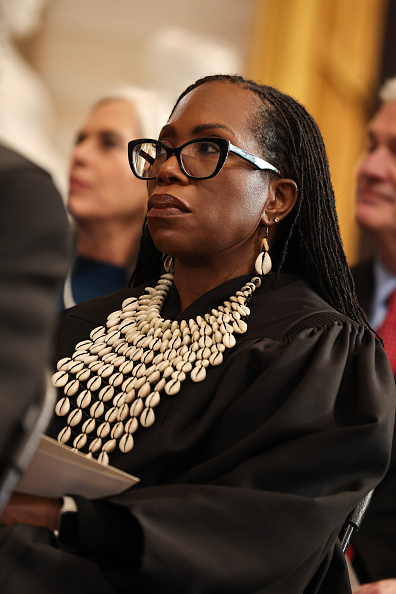Lawyer is suspended for texting witness during phone deposition; how did opposing counsel find out?

Image from Shutterstock.
A Florida lawyer has been suspended for 91 days for texting advice to a witness during a phone deposition and then failing to come clean when questioned by the opposing counsel and a judge.
The Florida Supreme Court suspended lawyer Derek Vashon James of Maitland, Florida, in a Nov. 18 decision.
Law360 and Law.com have coverage, while the Legal Profession Blog has highlights from the opinion.
The incident happened in July 2018 during a deposition of an adjuster who worked for an employer in a workers’ compensation case. James represented the employer. The court reporter refused to swear in the adjuster because she testified by phone, rather than by video.
The opposing lawyer, Toni Villaverde, heard typing sounds during the deposition and asked James and the witness whether they were texting. James replied that he was only receiving a text from his daughter, according to the court opinion.
Villaverde asked James to stop texting and put his phone away. He said he would do so, but in fact, he continued texting, the state supreme court said. After a break, James resumed texting—but this time, he inadvertently sent the texts to Villaverde instead of the witness, the Florida Supreme Court said.
These are the misdirected texts:
“11:53 a.m. (James): Just say it anyway
11:53 a.m. (James): Just say 03/28
11:54 a.m. (James): In addition to the 03/28/2018 email containing the signed release I show …
11:55 a.m. (James): Don’t give an absolute answer
11:55 a.m. (James): All I can see at this time but I cannot rule out existence
11:55 a.m. (James): It’s a trap
11:56 a.m. (James): Then say that is my best answer at this time.”
Villaverde stopped the deposition when she noticed the texts. In the days after the deposition, James tried to convince Villaverde that he sent the texts during the break, rather than during questioning. Villaverde sought production of the texts and an inspection by the judge.
The judge of compensation claims found that the texts were sent during the deposition, and they were not protected by attorney-client privilege.
In the hearing on Villaverde’s request, “James failed to be transparent and forthright with the judge regarding his texts” to the witness, the Florida Supreme Court said. “He made it appear that he only texted his wife and daughter during the deposition, and that he sent the text messages to [the witness] during the break in the deposition.”
In disciplinary proceedings, James said workers’ compensation proceedings are informal, and he wanted to help the witness because Villaverde kept talking over the witness or interrupting with objections.
A referee had recommended a 30-day suspension, but the Florida Supreme Court said the punishment was insufficient. The referee had cited mitigating factors that included a lack of prior misconduct, a cooperative attitude during disciplinary proceedings and a good reputation for honesty.
The referee found that James had violated an ethics rule that says lawyers may not obstruct access to evidence. The referee found no violation, however, of an ethics rule banning conduct that is prejudicial to the administration of justice.
The Florida Supreme Court found that both rules were violated. Dishonesty in connection with the practice of law is prejudicial to the administration of justice, and “James’ dishonesty is clear from the record,” the Florida Supreme Court said.
Two of the court’s seven justices would have imposed a 30-day suspension.
James’ lawyer, Barry Rigby, spoke with Law360 and Law.com about the case.
“Derek James has the utmost respect for the legal system and the Florida Supreme Court,” Rigby told Law360. “He’s very sorry to have disappointed his firm and colleagues. This case is a wake-up call that attorneys can’t relax their ethical standards during proceedings taking place electronically.”
Rigby told Law.com that James is disappointed in the result, but he is “laying the foundation to become reinstated as soon as possible.”
Write a letter to the editor, share a story tip or update, or report an error.


